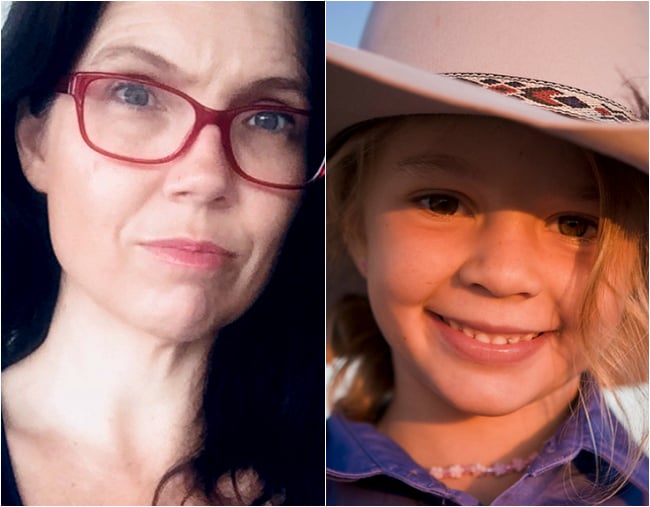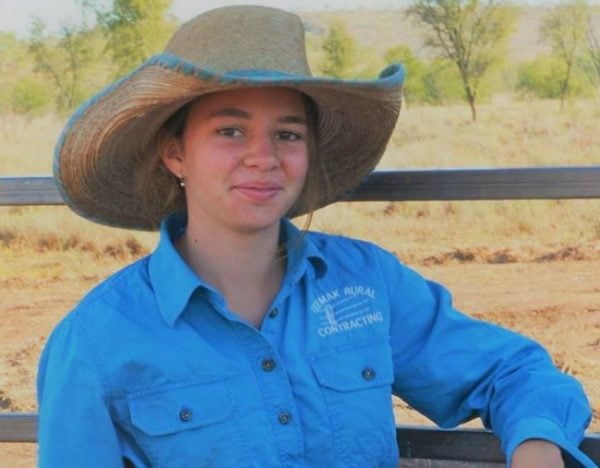
Enough.
Enough.
Today a memorial service is being held to celebrate the life of Dolly Everett. She was the bright-eyed, Akubra-wearing, 14-year-old girl from Katherine in the Northern Territory, who was being so severely tormented online that on Wednesday, January 3, she saw no solution other than to end her life.
The simple truth is that Amy “Dolly” Everett should be here to live out her life and grow old.
To read books and study for exams, to go to school dances and swimming carnivals, to fish for Black Bream in the river, to occasionally wag her university tutes, to jump on a plane to London, to walk the long, red dirt roads at home. To get married or not. To have children or not. To write poetry, to ride horses, to draw and paint and laugh.
Dolly Everett should be here and it is stupid and needless and infuriating and heartbreaking that she’s not.
Bullying has always been around. We know that. But smartphones and social media platforms have changed the playing field. They’ve turned the volume and the frequency up to an 11. It means that we are giving our kids no respite. Those devices and social media accounts we’ve been in a rush to hand over to our kids has meant that, in turn, our kids have no sanctuary.






























































































